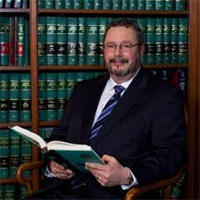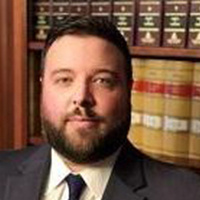Sharon Misdemeanor Lawyer, Connecticut
Sponsored Law Firm
-
 x
x

Click For More Info:
-
Attorney John F. O'Brien
411 Center Street Manchester, CT 06040» view mapCriminal Defense Law Affordable Criminal Defense
Attorney John F. O'Brien is an experienced criminal defense lawyer and trial lawyer. You don’t have to go through this alone, we are here to protect you and your rights!
60-290-9090
Not enough matches for Sharon Misdemeanor lawyer.
Below are all Sharon Criminal lawyers.
Steven Howard Levy
✓ VERIFIEDAttorney Levy earned his B.A. from the State University of New York at Buffalo, and his J.D. from Antioch School of Law. He was admitted to the Connec... (more)
Robert A Salerno
✓ VERIFIEDRobert A. Salerno attended Law School and received a B.S. from High Point University in 2005 and his Juris Doctor in 2009 from Touro Law Center. He wa... (more)
 John F. O'Brien Manchester, CT
John F. O'Brien Manchester, CT Practice AreasExpertise
Practice AreasExpertise


